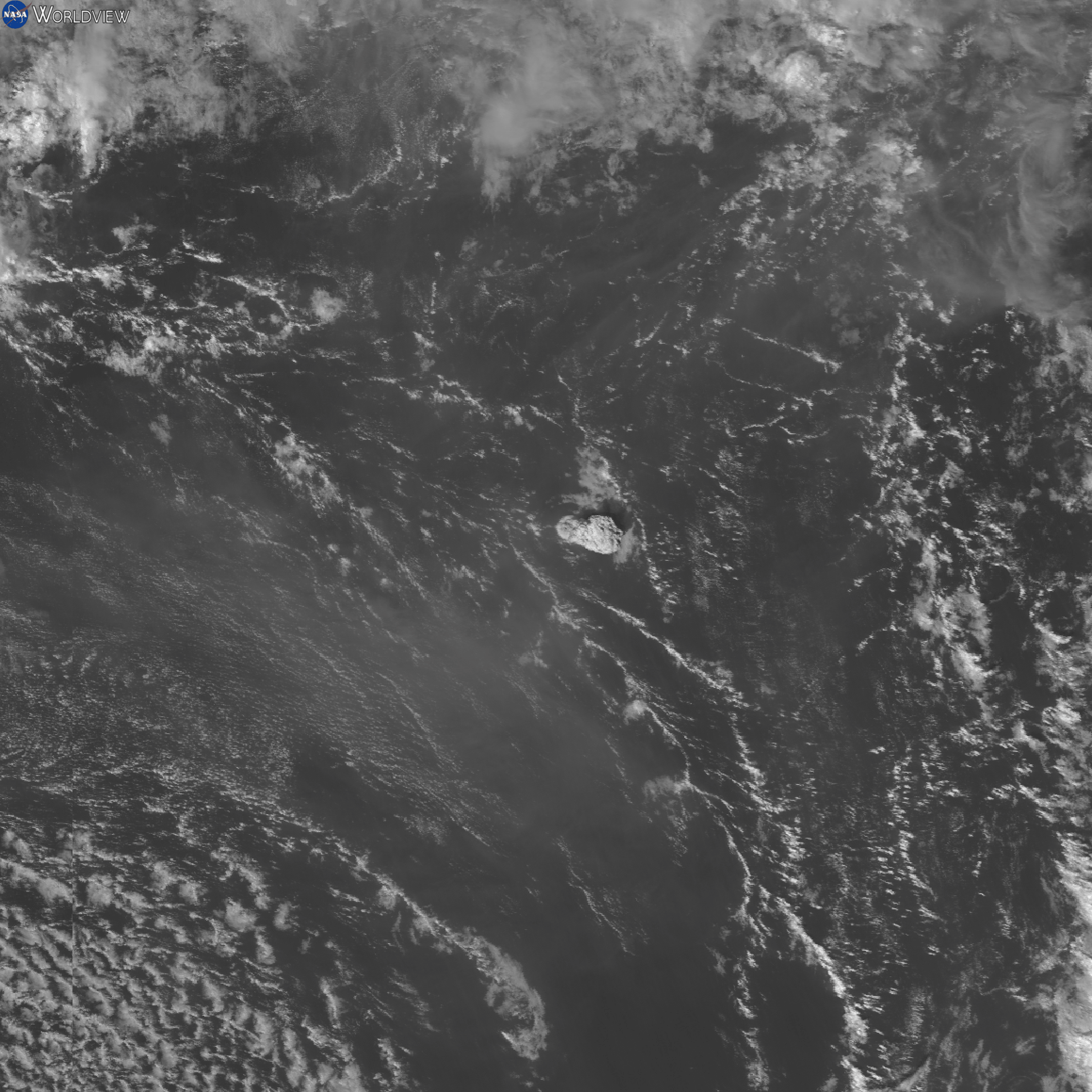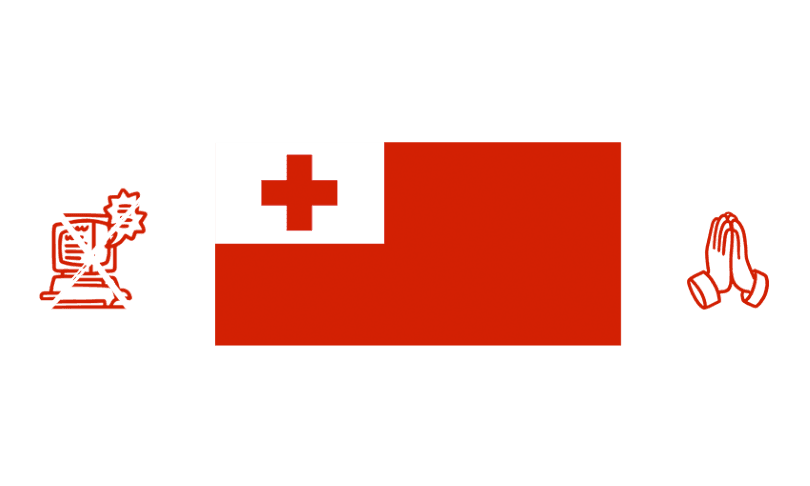Many Tongans living overseas continue to wait to hear from their families in Tonga following the volcanic eruption and tsunami over the weekend. Sela Jane Hopgood explains how it feels.
The silence is deafening.
We live in a time where you can be five flights away from a loved one, yet able to send messages to them instantly. That’s why it was so hard when I lost all phone and internet contact with my close family members in Tonga after the violent Hunga-Tonga-Hunga underwater volcano erupted on Saturday.
I sent Facebook and Instagram messages to my cousins on Sunday and I haven’t heard back from anyone. The natural disaster hit Tonga with such impact it broke the undersea cable, disconnecting communication for everyone in the island. Today, acting New Zealand high commissioner to Tonga Peter Lund announced online that electricity has been restored to many homes and local mobile phones are working, but not internationally. Yet still no word from my family.
Throughout the weekend, Tonga was in the back of my mind. I would be hanging the washing, thinking of my family back home. I would be zoned out, deep in thought about my elders in Malapo and Kolomotu’a, while eating dinner.
I wasn’t alone. In the immediate aftermath of the eruption, TVNZ newsreader Indira Stewart, whose father is Tongan, tweeted about how worried she was for everyone in Tonga. “Not enough broken heart emojis for me to use,” she wrote.
When I had a moment to myself, I was on my phone checking social media to see if I had any replies from my cousins. None. I browsed the internet for updates on whether there were any casualties (thankfully none have been reported so far), what villages were affected most, how severe the damage was to homes, businesses, livestock and so forth. My immediate, New Zealand-based family’s group chat was more active than usual over the weekend, as we checked to see if others had heard from anyone in Tonga and kept each other informed with news updates.
The updates shared by newsrooms across the country were helpful, but finding out that Kolomotu’a, where I have family, was one of the villages severely affected by the tsunami made me anxious.
As informative as it is to learn that the eruption was likely the world’s largest in 30 years, I want to know something much more important: is my family alive? I want to hear from my uncle Masiu, my aunties like Sesimani and all my first cousins. I want to hear how they are, to know they’re OK.
The nights have been long waiting to hear from family. Not knowing anything sucks.

Online friends have shared that their relatives in Tonga couldn’t evacuate because they didn’t have vehicles to drive to higher ground. Some last heard from their mother or their partner on Saturday afternoon, before the volcano erupted that evening. Others are also worried about their grandparents’ graves which are located near to the coast.
Right now, the hearts of New Zealanders with family and friends in Tonga are heavy. We can’t rest because of the uncertainty, and many of us praying hard as the hours tick by with still no news.
People of the Pacific are resilient. A family’s home could be swept away by flooding, and they will soon adapt and move forward with a smile on their faces. They have to be adaptable – extreme weather events like floods and cyclones are becoming more and more common. One of the main jobs of the community integrated vulnerability assessment group, or CIVA, in the village of Fasi, Tonga, is disaster resilience and preparing families for evacuation from their homes. Tongans experienced Tropical Cyclone Harold in April 2020, and had to rebuild while navigating a global pandemic. Before that, Cyclone Gita hit Tonga in the summer of 2018, leaving people in ‘Eua and Tongatapu without power and water, and some without homes. I interviewed Tongans after Harold hit. Despite the long days of cleaning up debris and looking after the elderly and young children, a common response from those I spoke to was that they were grateful to God for being able to survive.
The song ‘Tuaikaepau’, about six Tongan teenagers who were shipwrecked for 15 months, perhaps best exemplifies Tongan resilience in the face of adversity. It explains that the one thing that keeps us alive and strong despite the challenges we face – such as a tsunami and its aftermath – is the Tongan spirit.
While I and many other Tongans overseas wait desperately to hear from someone, anyone in Tonga, we can sometimes feel useless. But one thing we can all do is focus on raising awareness of how we can assist.
People in Tonga who have managed to get online have shared that clean water is much needed, as water reservoirs are contaminated by ash. A New Zealand Air Force plane is expected to arrive in Tonga today with water and water storage bladders ready for dispatch, as well as food and medical supplies.
If you want to help, consider donating to non-governmental organisations based in Tonga such as the Red Cross, as these NGOs know best how to support families affected. Once communication is restored, they’ll be looking to help connect families to a registration system through which people can indicate they’re trying to contact loved ones.
Olympic athlete and Tongan flag bearer Pita Taufatofua has started Go Fund Me to raise funds for Tonga’s recovery efforts, focused on helping the people most in need, and addressing damage to critical infrastructure, schools and hospitals. His father is in Veitongo and Taufatofua says he has yet to hear from him. Taufatofua is currently in training camp in Australia, but his heart and mind will be with his family in Tonga, just as it will be for many Tongans scattered abroad as they get on with their week.
It has been an awful weekend for people in Tonga, but the island will get through this like it always does.
This is Public Interest Journalism funded through NZ On Air.



